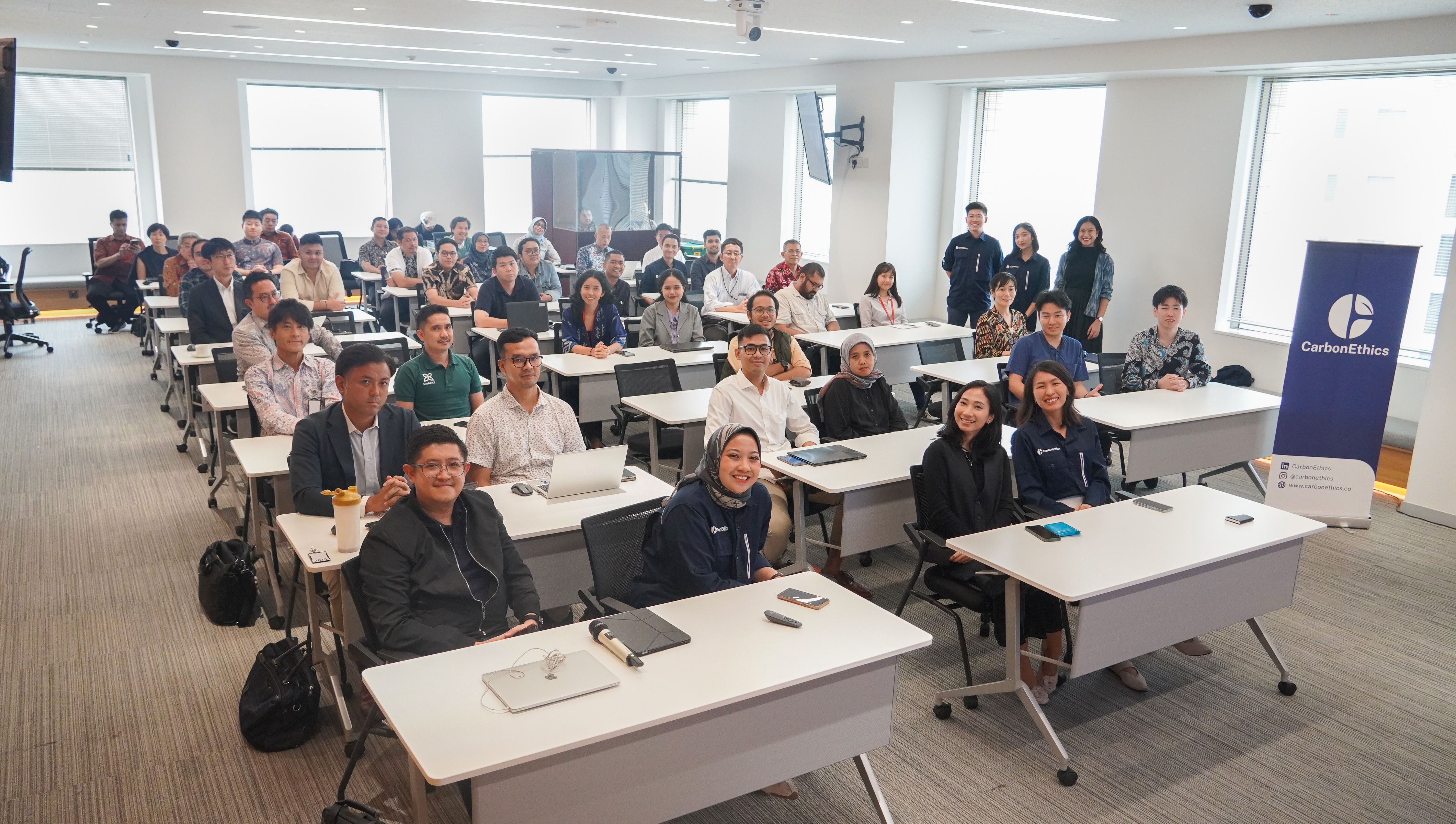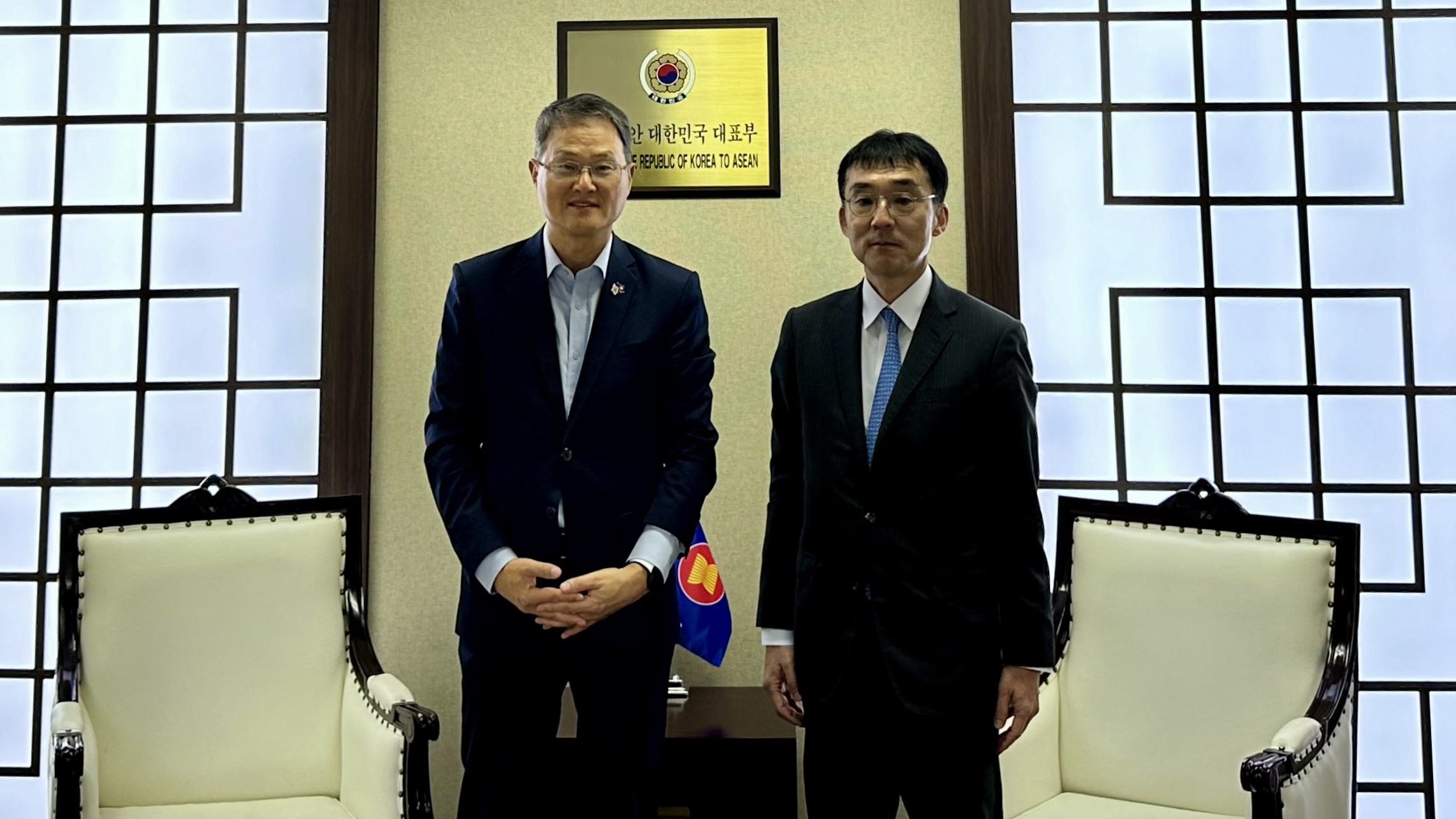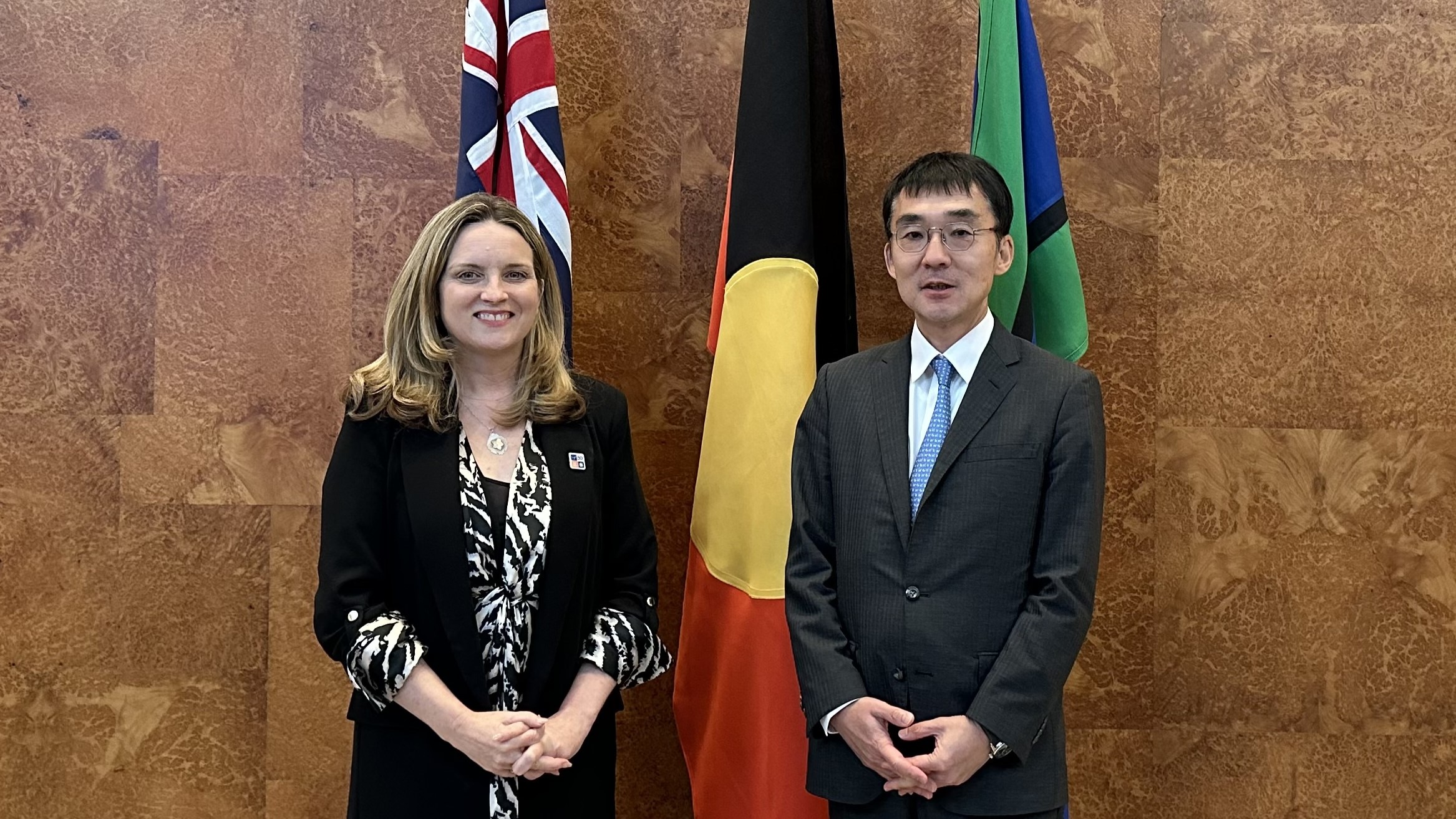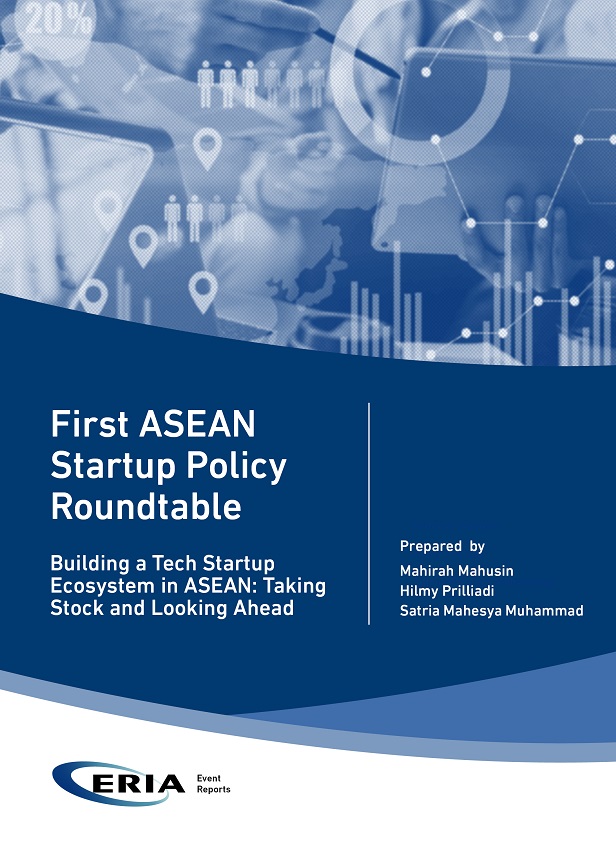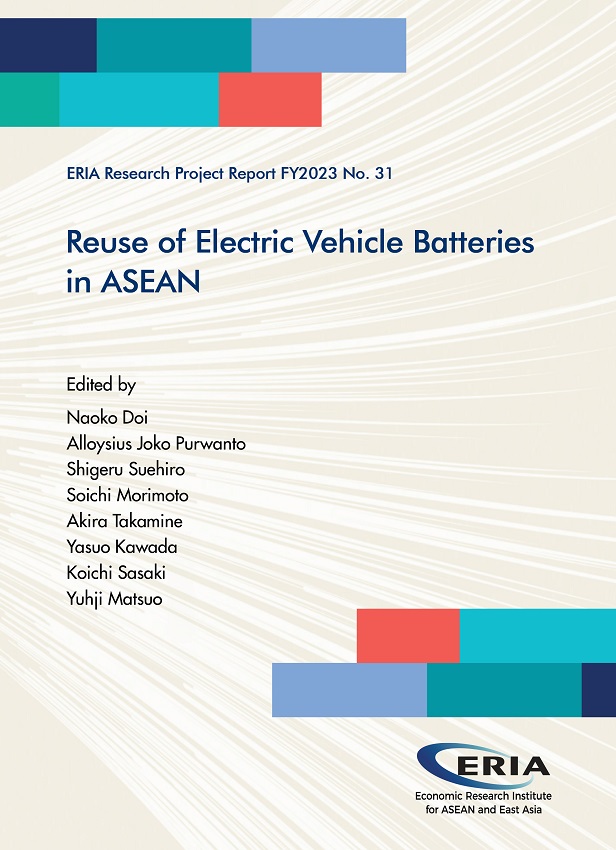Second ASEAN-India Workshop on Blue Economy
Share Article:
Print Article:
New Delhi, 18 July 2018: The Second ASEAN-India Workshop on Blue Economy was held in New Delhi on 18 July 2018. The Blue Economy is an economic model for sustainable development with a focus on the oceans. This event highlighted maritime resources and relations, particularly how ASEAN and India can strengthen their collaboration to promote security, improve transportation, prevent illegal fishing, report and exchange technical data, and enhance commerce.
The event was co-hosted by the Ministry of External Affairs of India, the Ministry of Foreign Affairs of Viet Nam, the ASEAN Secretariat, the Research and Information System for Developing Countries (RIS), the Economic Research Institute for ASEAN and East Asia (ERIA), and the National Maritime Foundation of India. The workshop produced actionable and helpful recommendations on the issues of improving maritime connectivity, harnessing technology to aid the Blue Economy, and analysing the areas where ASEAN and India can cooperate to develop the Blue Economy.
In the Inaugural Session, Prof Hidetoshi Nishimura, President of ERIA, highlighted the importance of the maritime sector to both Southeast Asia and India – a commonality that can be used to promote sustainable development and greater cooperation between the two. Prof Nishimura called for strengthening the relationship between ASEAN and India on science, port development, community development, and logistics, among others.
The first session ‘Blue Economy and Maritime Connectivity’ was chaired by ERIA’s Dr Fauziah Zen and focussed on specific activities that can be undertaken jointly by ASEAN and India to enhance maritime connectivity such as development of ports, building connectivity between islands, and facilitating maritime logistics.
The workshop concluded that regional cooperation is essential to developing seaports, logistics networks, security and maritime services. With this in mind, participants offered the following ten key recommendations:
- To enhance ASEAN-India partnership in the field of Blue Economy, ASEAN and India need to engage in finding ways and means to strengthen maritime safety at the operational level and help realize the vision of SAGAR – Security and Growth for All in the Region.
- For a robust Blue Economy framework, ASEAN and India shall jointly encourage investments in R&D for judicious and sustainable utilization of marine resources.
- For effective use of marine resources, ASEAN and India need to actively work together for the joint development of viable cost-effective technologies for effective utilisation of marine resources.
- ASEAN and India need to work to establish a formal code that outlines access, use and protection of marine resources.
- In light of the growing common threat of Illegal Unreported Unregulated (IUU) fishing, ASEAN and India need to work together to set up joint mechanisms for reporting and sharing of technical data.
- While affirming importance of maintaining and promoting peace, stability, maritime safety and security, ASEAN and India need to jointly uphold their commitment to freedom of navigation and overflight in the region, other lawful uses of the seas and unimpeded lawful maritime commerce and promotion of peaceful resolutions of disputes, through the UNCLOS and similar international treaties.
- To ensure free and unimpeded commerce in the global commons, ASEAN and India need to make joint concerted efforts to control and mitigate common non-traditional threats.
- ASEAN and India need to promote maritime transport cooperation, and encourage potential private sector participation in the development of seaports, maritime logistics network and maritime services. Early conclusion of the ASEAN-India Maritime Transport Agreement would be a good step in this direction.
- To advance knowledge and expertise sharing in Blue Economy, ASEAN and India need to work together to exchange information on white shipping. Joint efforts need to be made to facilitate increased institutional and educational collaborations on Blue Economy development.
- ASEAN and India need to work together to establish an ASEAN-India Forum on Blue Economy to facilitate regular exchange of experiences and knowledge and to help develop an Action Plan on Cooperation under Blue Economy. Setting up of an ASEAN India Centre of Excellence for Cooperation in the Maritime Domain would be an important step in this direction.





